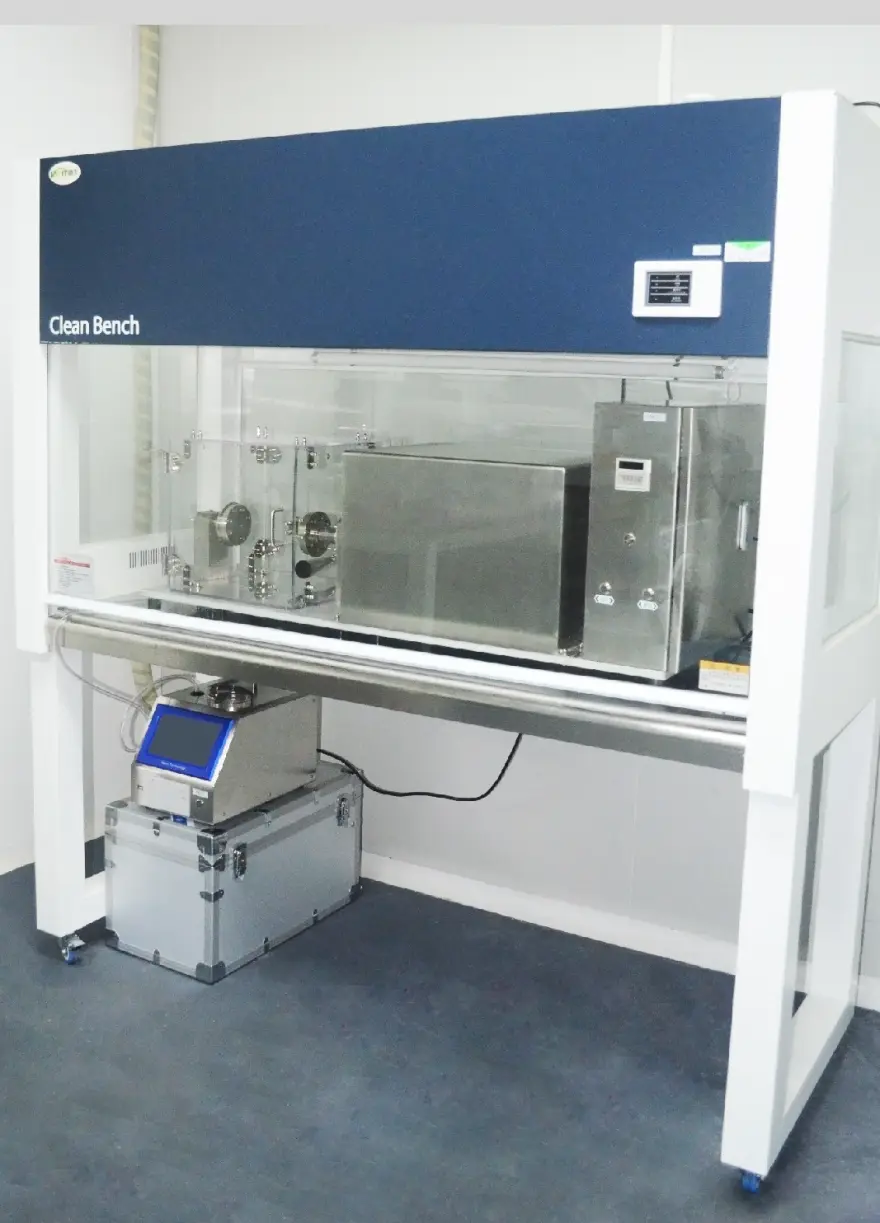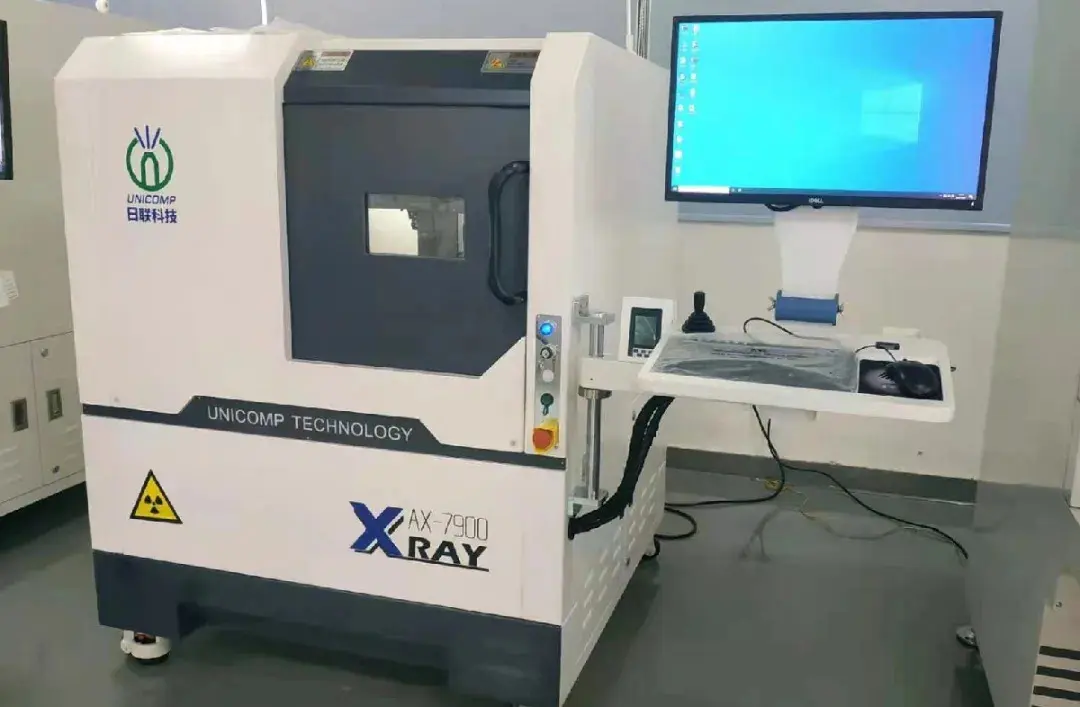
Electric Heater EU CE Certification Compliance Testing
As heaters gain popularity globally, many households and businesses are eyeing the European market to expand their commercial reach. However, to successfully enter the EU market, products must meet the strict CE certification standards, which involve a series of complex certification procedures. This article from China JJR Laboratory provides a detailed analysis of the CE certification process and key points for exporting heaters to the EU.

What is CE Certification?
CE stands for Conformity European or Conformité Européenne, meaning "European Conformity." It originated with the European Community, which later became the European Union. CE certification is a mandatory requirement for products sold within EU member states. It signifies compliance with safety, health, and environmental standards. The CE mark acts as a safety badge and is the "passport" for manufacturers entering the European market. Products bearing the CE mark meet EU legal requirements and can be sold across EU member states without additional national compliance.
Common Types of Heaters
- Oil-filled electric radiators
- Convection heaters
- Electric film heaters
- Electric fan heaters
- Infrared series heaters
Required Documents for Electric Heater CE Certification
1. Product user manual.
2. Safety design documentation (e.g., structural diagrams, design drawings, parameters).
3. Technical specifications (or enterprise standards) to establish technical documentation.
4. Electrical schematics, circuit diagrams, block diagrams, and structural drawings.
5. List of critical components or raw materials (preferably with European certification marks).
6. Copies of certifications for the product or components.
7. Any additional required documents.
Certification Standards
Electromagnetic Compatibility (EMC):
Heaters must comply with the EU Electromagnetic Compatibility Directive (EMC Directive) to ensure they do not interfere with other electrical equipment. Tests include electromagnetic radiation and immunity testing.
Low Voltage Directive (LVD):
Heaters must comply with the EU Low Voltage Directive to ensure they pose no risk of electric shock under normal use. Tests include safety design, insulation performance, and anti-electric shock measures.
Mechanical Safety:
Heaters must meet the EU Machinery Directive requirements for design, manufacturing, and usage. Assessments include design evaluation, risk analysis, and safety markings.
Material and Substance Compliance:
Heaters must adhere to the EU RoHS Directive (Restriction of Hazardous Substances) and REACH regulations to ensure materials are free of harmful substances and comply with restrictions.
Product Identification and Documentation:
Heaters must display the CE mark, indicating compliance with EU requirements. Accompanying technical documentation and declarations of conformity are also mandatory.
Signing the EC Declaration of Conformity
Manufacturers (or authorized EU representatives) must sign an EC Declaration of Conformity to affirm that the product complies with relevant EU directives and standards. This declaration is a formal commitment to product compliance and a prerequisite for obtaining the CE mark.
Certification Application Process
1. Submit Application: Submit a product certification application to a global certification body, including product data, test reports, and supporting documents.
2. Sign Contract: The certification body will evaluate the application, determine costs and testing timelines, and sign a contract to protect mutual interests.
Testing and Certification
1. Laboratory Testing: Conduct a series of tests in China JJR Laboratory, including electrical safety, performance, and environmental adaptability.
- EMC standards: EN IEC 55014, EN IEC 61000-3
- LVD standards: EN 60335-1, EN 62233
(We can save 30% on certification testing costs.)
2. Audit and Evaluation: Certification bodies review the test results to ensure compliance with applicable standards and regulations.
3. Certificate Issuance: If compliant, the certification body will issue a CE certificate, proving conformity with EU standards.
Key Points to Note
1. CE certification is a product safety certification mark required for products sold in the EU, regardless of whether they are manufactured within or outside the EU.
2. Products without the CE mark cannot be sold in the EU. Products already on the market that are found non-compliant will be recalled, restricted, or banned.
3. Distinguish between the safety compliance mark (CE mark) and quality compliance marks. The CE mark, part of the EU directive's "essential requirements," serves as the manufacturer’s passport to the EU market, demonstrating compliance with the directive's basic requirements.
Email:hello@jjrlab.com
Write your message here and send it to us
 Packaging Validation ISO 11607 Test Report
Packaging Validation ISO 11607 Test Report
 What is the ISO 11607-1 Packaging Validation Test?
What is the ISO 11607-1 Packaging Validation Test?
 How to get an ISO 11737-1 Test Report?
How to get an ISO 11737-1 Test Report?
 Orthopedic Implant Cleanliness Testing
Orthopedic Implant Cleanliness Testing
 What is ISO 10993-23:2021 Irritation Testing?
What is ISO 10993-23:2021 Irritation Testing?
 ISO 10993-23 Irritation Testing Laboratory
ISO 10993-23 Irritation Testing Laboratory
 EMI Emissions Testing
EMI Emissions Testing
 EMC Standards for Medical Devices
EMC Standards for Medical Devices
Leave us a message
24-hour online customer service at any time to respond, so that you worry!




